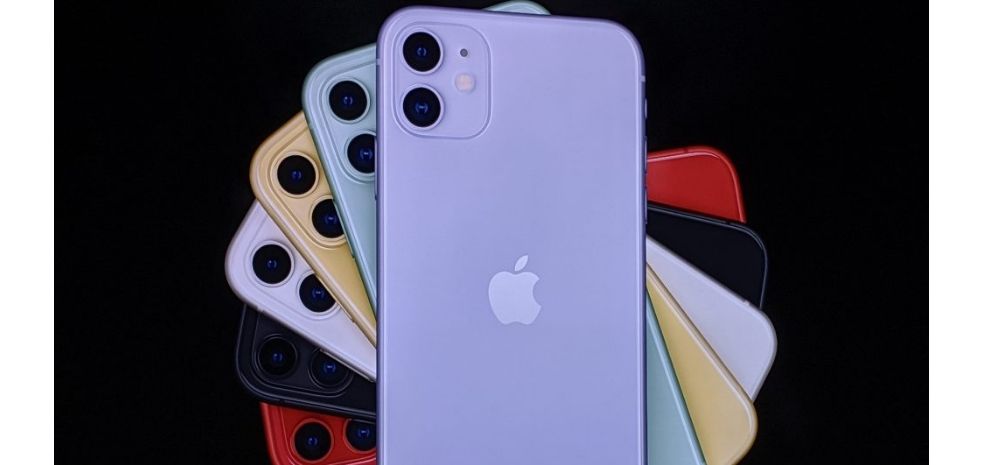Apple Deliberately Slowed Down iPhone 11, 12 After iOS Update? Case Filed In Court

Apple has allegedly slowed down some of its iPhone models through recent updates. The iPhone variants in question include some of the old iPhones as well as the most recent iPhone 12.
Why iPhone Updates Have Slowed Down Some Of Its Models?
The Consumer Protection Organization of Spain has levelled the charges against the Cupertino tech giant (OCU). According to the Spanish publication iPhones, OCU has given Apple a letter detailing the charges.
In the letter, OCU names iOS 14.5, 14.5.1, and 14.6 updates as the reason for the issue. According to the consumer rights organisation, the recent iOS updates have damaged some iPhones, resulting in a significant reduction in processing performance. The changes have also caused the gadgets to lose battery life more quickly than previously.
The letter does not cite any specific customer concerns, but it does list the affected devices. Older iPhone models, such as the iPhone 8 and iPhone XS, are among those affected. Though, as with the iPhone 11, even the most recent flagship – iPhone 12 – has been discovered to have the problem.
Why Apple Might Be Facing A Lawsuit By OCU?
OCU accuses Apple of purposely slowing down iPhones through its updates in the letter. It aims to open a discourse with the company about the problem before requesting compensation for the company’s affected customers.
In case a mutual agreement cannot be reached, Apple might be facing a lawsuit by OCU. OCU has threatened the same in its letter, deeming it a necessary move “to enforce consumer rights.”
Why does Apple Have To Pay A huge fine in its European markets?
The company first confessed to conducting the practice in 2017, citing battery optimisations on older models as the reason for it. It was fined 25 million Euros for deliberately slowing down older iPhone models at the time.
If the current allegations are based on the same pretext, Apple could face yet another massive fine in its European markets.

Comments are closed, but trackbacks and pingbacks are open.